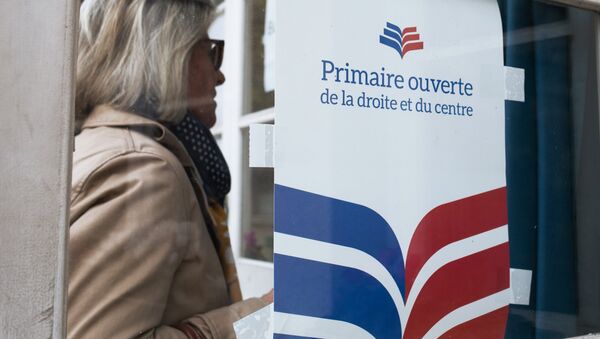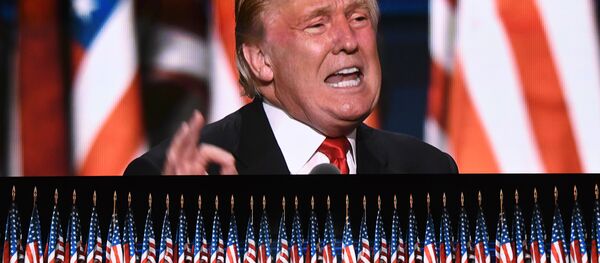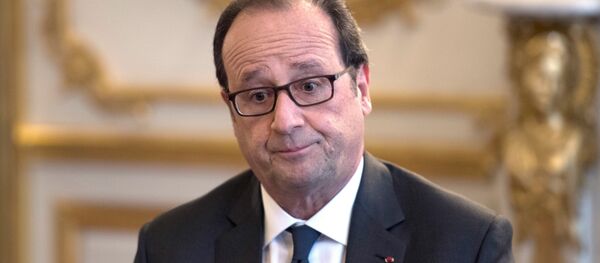However, the final results of the Sunday vote were sensational, rendering predictions by sociologists and analysts all wrong, once again after the Brexit referendum and Donald Trump’s victory in the United States presidential election.
Public opinion surveys have been getting more and more unreliable recently.
Fillon won the primaries with 44 percent of votes, followed by Juppe with 28.1 percent. Sarkozy came third with 21.1 percent of votes. In the US, Donald Trump secured a victory with 290 electoral votes. In Britain, 52 percent of the electorate vote for the withdrawal from the European Union.
Meanwhile, in each of these cases, polls and surveys predicted the opposite results.
Public opinion studies and "media behind them" are inclined to translate the views of ruling elites, said Francois-Bernard Huyghe, research manager at the French Institute for International and Strategic Affairs (IRIS).
"They are frightened by the idea that people have their own voice and will. And they just ignore this fact like it was in the event of Trump or the French primaries. They’d better prefer Alain Juppe, who was considered the favorite of media and the establishment," Huyghe told Sputnik France.
He noted that recently Francois Fillon has significantly bolstered his positions while no related changes were registered in public opinion surveys.
"Many of those participating in polls deliberately change their opinion or even conceal it because they think that the polling agency works for the government," he added.
He also underscored that currently there are problems with analysis and interpretation of data obtained in polls.
"The number of respondents [in polls concerning the primaries in France] was counted inaccurately. Moreover, their opinions were wrongly interpreted. They used classical polling tools. For example, respondents were asked whether they were sure that they would take part in the vote. This is not the best way to assess the number of people who will definitely come to the polling stations," the expert pointed out.
Chiche underscored that this problem is "technical and public at the same time."
"The number of respondents in polls has been decreasing over the recent years. The quality of surveys is also decreasing. As a result, people lose interest in participating even in serious and credible polls," he concluded.





